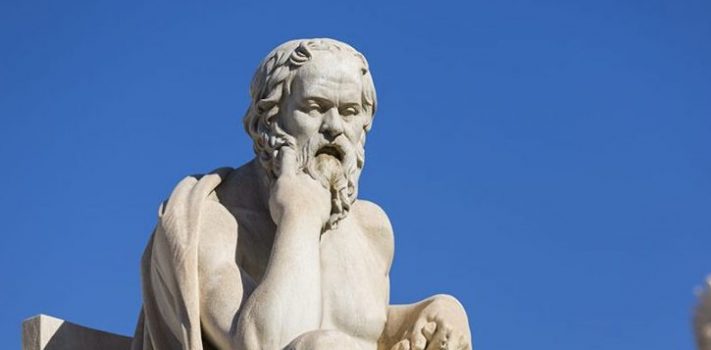“Do not do to others what angers you if done to you by others.” – Socrates
- Ad California Legal Rifles & Pistols!WBT makes all popular rifles compliant for your restrictive state. Choose from a wide range of top brands made compliant for your state.
- Ad LifeSaver 20K JerryCan Water PurifierThe best water jerrycan you can buy on the market! Mention Survivalblog for a Free Filter ($130 Value)











The Golden Rule and Universal Intrinsic Dignity
“The vast majority of world religions emphasize the Silver Rule—“do not do
unto others what you would not have them do unto you.” This is a doctrine of
avoiding harm or evil and can be roughly translated as, “do not do a harm to
others that you do not want done to you.” In modern terms, it may be restated
as, “avoid unnecessary harm, but if a harm is unavoidable, minimize it.” The Silver
Rule is mentioned explicitly in the Old Testament two times (Tobit 4:15; Sirach 31:15). This is generally termed “ethical minimalism” because it places the
emphasis on avoiding harm rather than doing good.
When Jesus removed the “nots” from the Silver Rule, He converted it from
ethical minimalism to ethical maximalism. We might rephrase the Golden Rule as
follows: “Do the good for others that you would want done to you.” The
emphasis is no longer on merely avoiding harm, but also on doing good (beyond
the avoidance of harm). Evidently doing the good for others entails avoiding
harm, but it also entails much more – namely any good that you would want done
to you. There is really no limit to these goods, and so the Golden Rule might be
viewed as “open-ended altruism.”
Jesus’ positive ethical maximalism has its origins in His doctrine on love. He
asks us to imitate the Father’s love of enemies (Mt. 5:44-48), to forgive everyone
from the heart (Mt. 6:12), not to judge others negatively (Mt. 7:1-5), to consider
everyone our neighbor – worthy of compassionate love (like the Good Samaritan
– Luke 10:25-37).
When we look at these teachings collectively, we can see Jesus’
underlying viewpoint that love, mercy, and compassion are higher than justice
(which is derived from the Silver Rule). Love and mercy (from which the Golden
Rule is derived) go beyond justice (the Silver Rule), and encourage a positive,
altruistic, and compassionate social order. This emphasis had a profound effect on
the development of sociopolitical theory in the West, particularly with respect to
the development of universal public healthcare and welfare, universal public
education, and on the development of economic rights and social responsibility.”
[From The Magis Center Website ~ Robert J. Spitzer S.J., P.h.D. 2015]